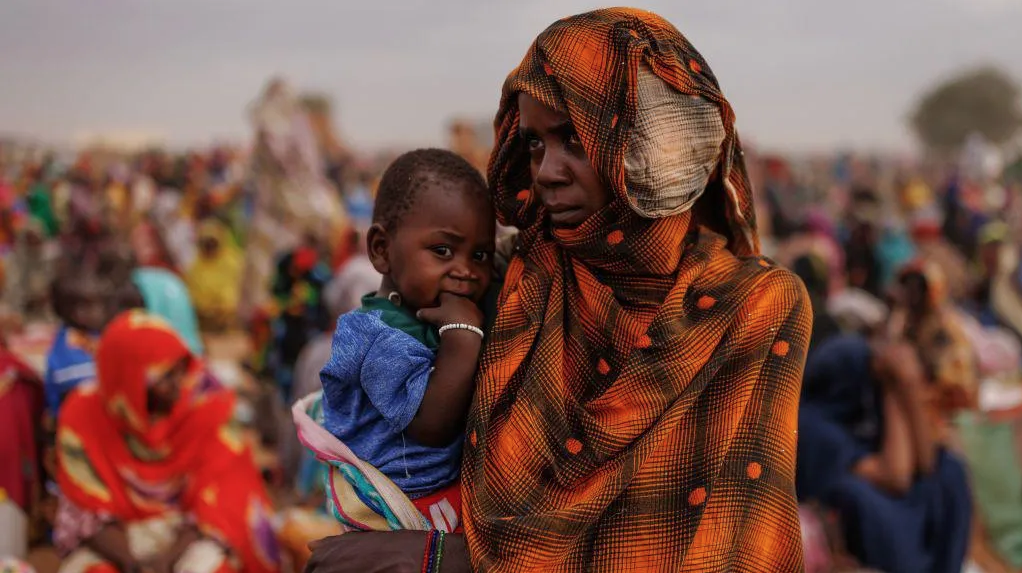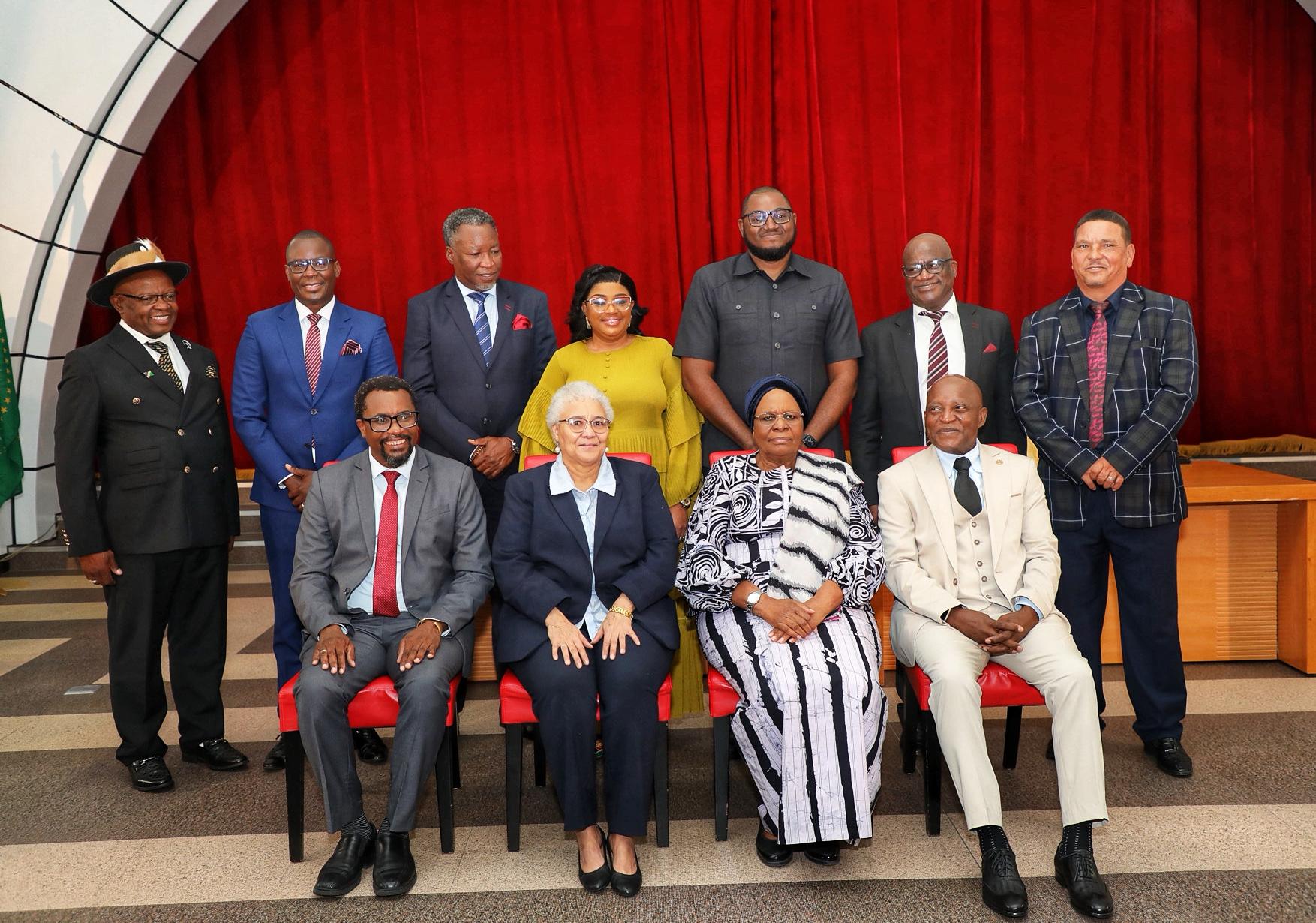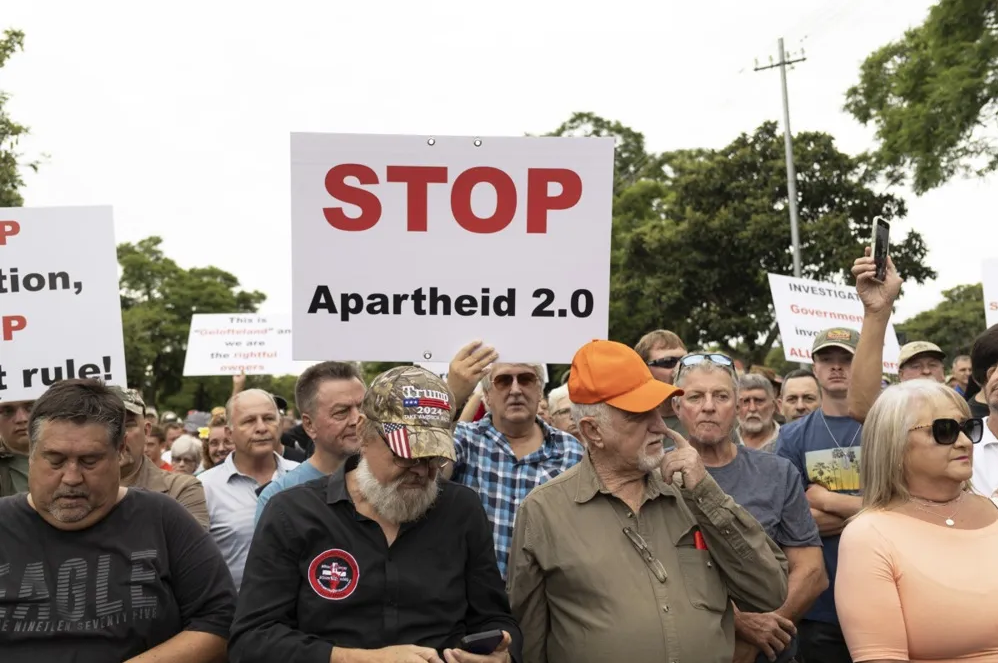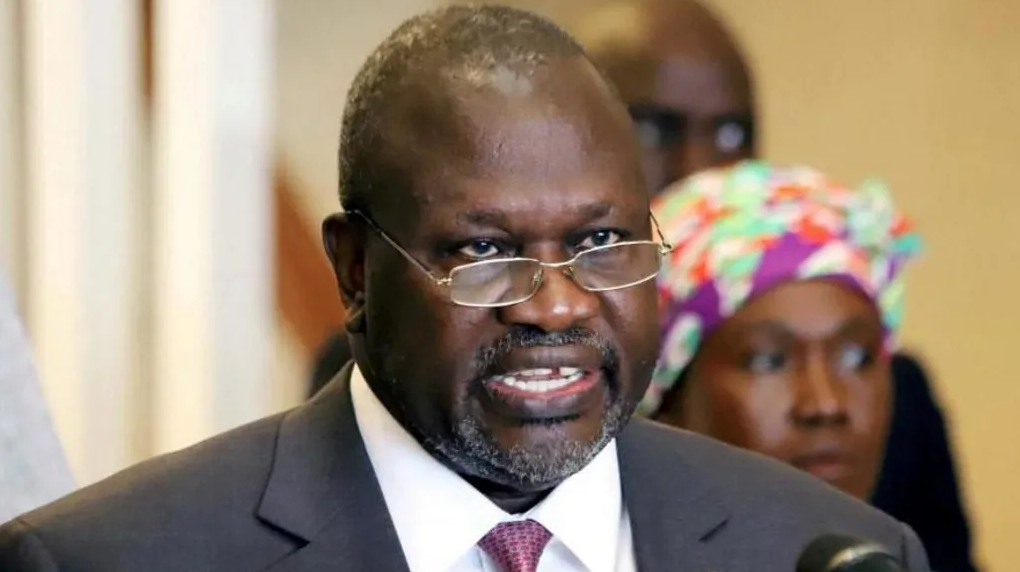Chad has condemned a senior Sudanese general’s threat to target its airports, calling it a “declaration of war.”
Its foreign ministry said it would respond according to international law if a “square metre of Chadian territory is threatened”.
The warning follows comments from Lt-Gen Yasir al-Atta, the deputy commander of Sudan’s army, who said the UAE was using Chad’s airports to deliver weapons to the paramilitary Rapid Support Forces (RSF).
The Sudanese army has repeatedly accused the UAE of supporting its rival, the RSF, throughout the brutal two-year civil war, which has created the world’s worst humanitarian crisis.
UN experts have described accusations of the UAE smuggling weapons to the RSF through Chad as “credible”, but the UAE has denied this.
Lt-Gen Atta’s comments follow Sudan’s recent decision to take the UAE to the International Court of Justice (ICJ) over its alleged support of the RSF.
Speaking at a ceremony for an army officer killed in a drone attack by the RSF on Friday while the army was recapturing the presidential palace, he said airports in Chad’s capital N’Djamena and the eastern city Amdjarass were “legitimate targets”.
Lt-Gen Atta said “retaliatory action” would be taken against the UAE, South Sudan and Chad’s President Mahamat Déby.
South Sudan has also been accused of backing the RSF. It has denied backing any side in the conflict.
“We know what we are saying, and our words are not a joke at all, nor are they spoken lightly,” Lt-Gen Atta warned.
The BBC has reached out to Sudan’s authorities for clarification on his comments.
They reflect the Sudanese army’s deep frustration with not only the UAE, but neighbouring countries, accused of allowing their territory to be used as supply routes for the RSF.
In December, Sudan’s defence ministry said that the weapons supplied included strategic drones that carry guided missiles.
Chad has positioned itself as neutral, but the war of words exposes the growing regional instability caused by Sudan’s civil war, which is complicated by the involvement of external players.
“General al-Atta should stop uttering foolish threats and focus on the urgent need for an immediate cessation of hostilities and engage without delay in a constructive dialogue in favour of a peaceful and lasting solution,” said Chad, highlighting that it is hosting hundreds of thousands of Sudanese refugees, mostly from the neighbouring region of Darfur, which is largely under RSF control.
The harsh exchange came as the RSF claimed to have seized al-Malha in Darfur, a town located on a vital trade route from Chad and Libya.
It also serves as a key crossroads leading to el-Fasher some 200 km (125 miles) away, the last state capital in Darfur still in army hands, which the RSF has besieged for nearly a year.
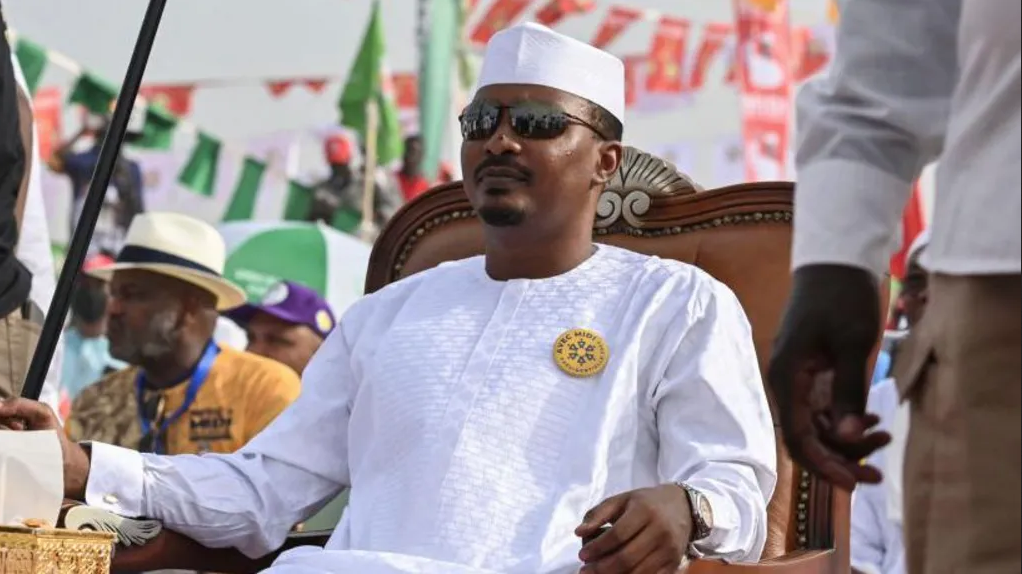
The group said it had “encircled the enemy… leaving behind 380 dead,” after months of fighting with a coalition of armed groups allied to the Sudanese army known as the Joint Forces.
It claimed to have “liberated” the area and declared that it “remained steadfast in [its] determination to end this war in favour of the Sudanese people”.
The BBC spoke to two members of local activist groups, known as Emergency Response Rooms, who had been coordinating humanitarian relief for the town.
We are not using their names to protect them and their families.
They say that after the RSF took control of the town, it closed off roads to prevent people from fleeing and imposed a lockdown.
Institutions are not working, says Ahmed (not his real name).
The hospital isn’t functioning, the main market’s been looted, and no-one’s getting water, normally delivered from storage tanks by vendors.
Estimates so far of those killed in the RSF advance range from 35 to 48.
Ahmed, who monitors Darfur from outside the country, said this was because the group had cut off internet communications in al-Malha.
He has not been able to make contact with his mother and 11 brothers and sisters to find out what happened to them
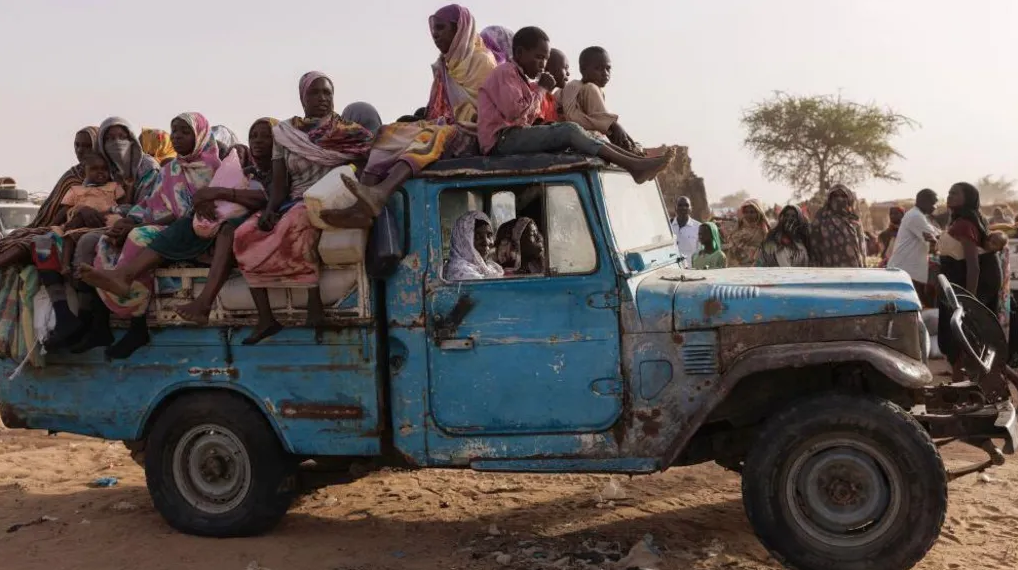
Ismail (not his real name) managed to flee with his family during the night, to the village of Kenana, where many of those displaced from al-Malha are also struggling to get food and water.
Others took refuge in the valleys among nomadic goat and camel herders, they told the BBC.
Ismail said a lot of the people killed were merchants in the market, because they belonged to the Zaghawa community, the ethnic base of the Joint Forces.
The RSF also burned down the homes of those they thought had a connection to either the military or the government.
At least two traditional community leaders were killed, said Ahmed.
Analysts say the RSF seems determined to consolidate its grip on its Darfur stronghold after months of army gains in central Sudan, and the capital, Khartoum.
The leader of the group, Gen Mohamed Hamdan Dagalo, also known as Hemedti, has vowed to fight on in Khartoum despite the army’s significant advance last week.
The paramilitary fighters remain scattered in parts of the city centre including the airport, as well as the capital’s south and west.
But the army says it’s been steadily seizing key infrastructure and buildings, including the central bank and state intelligence headquarters, as it consolidates control over the area.
Fully reclaiming the rest of the capital would mark a pivotal point in the war, giving the Sudanese army a strategic advantage in the country’s other battlefields.
The military and government ministries moved their headquarters to Port Sudan after the RSF overran Khartoum early in the war
But many observers believe there’s a danger of de-facto partition, with the two warring parties and their backers entrenching themselves in their zones of influence. – BBC
Stay informed with The Namibian – your source for credible journalism. Get in-depth reporting and opinions for
only N$85 a month. Invest in journalism, invest in democracy –
Subscribe Now!




